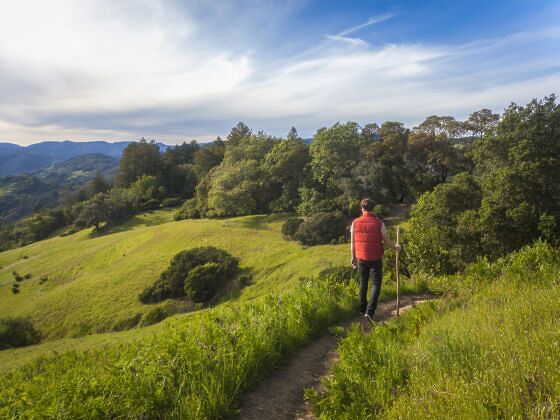This question was essentially on display this weekend at Epic: The Sustainable Living Expo in Vancouver, BC.
I was able to secure a media pass and attend the event, held at Canada Place on the ocean, amid a torrential downpour that’s not out of the ordinary this time of year.
